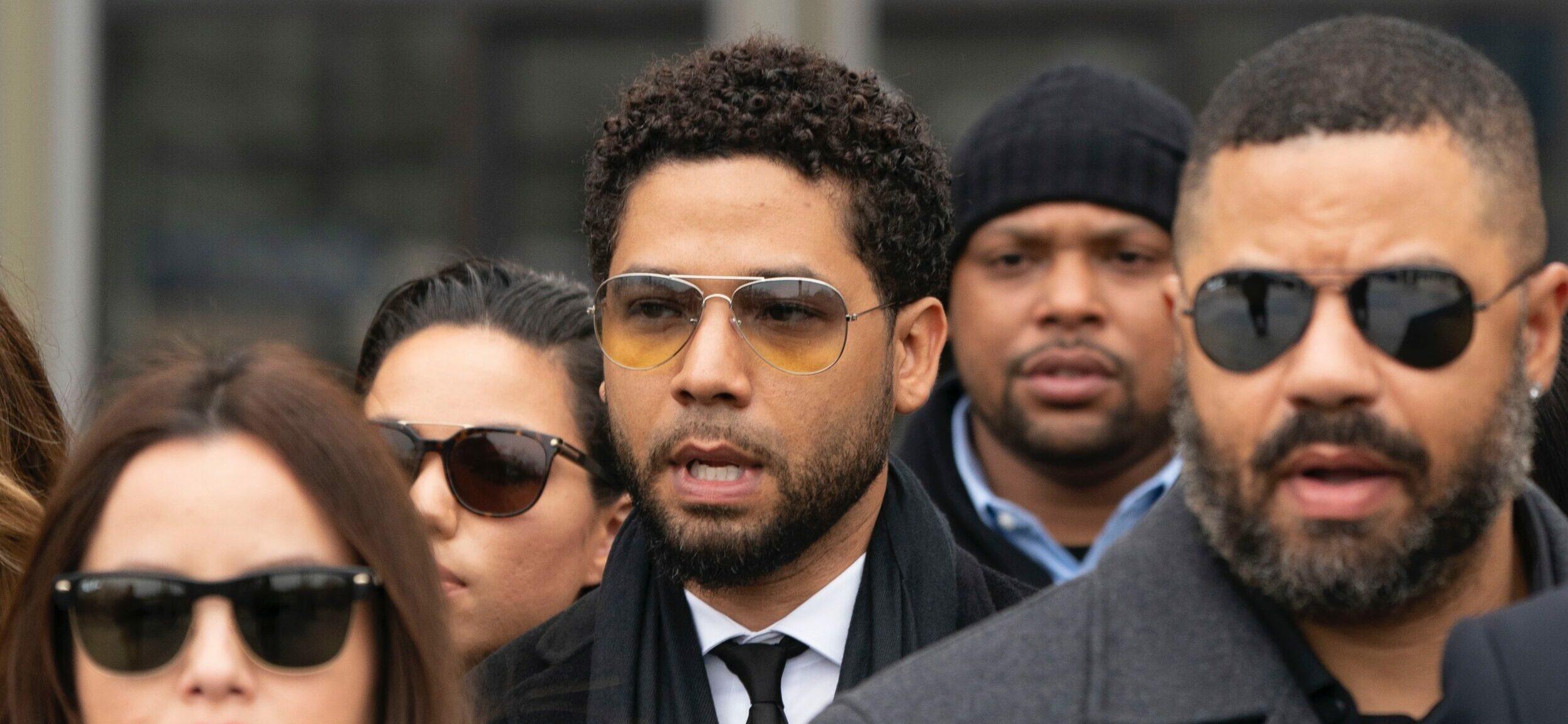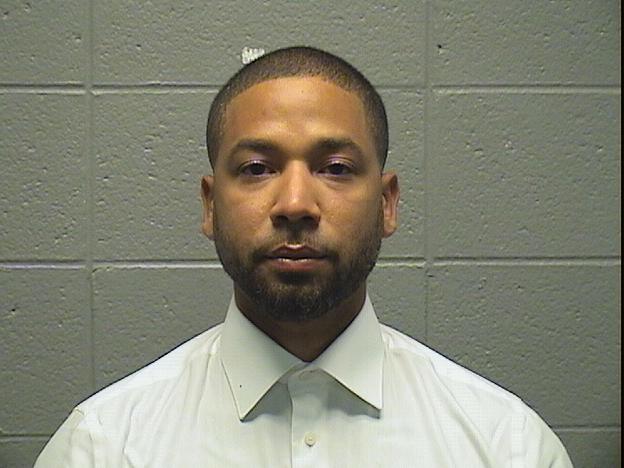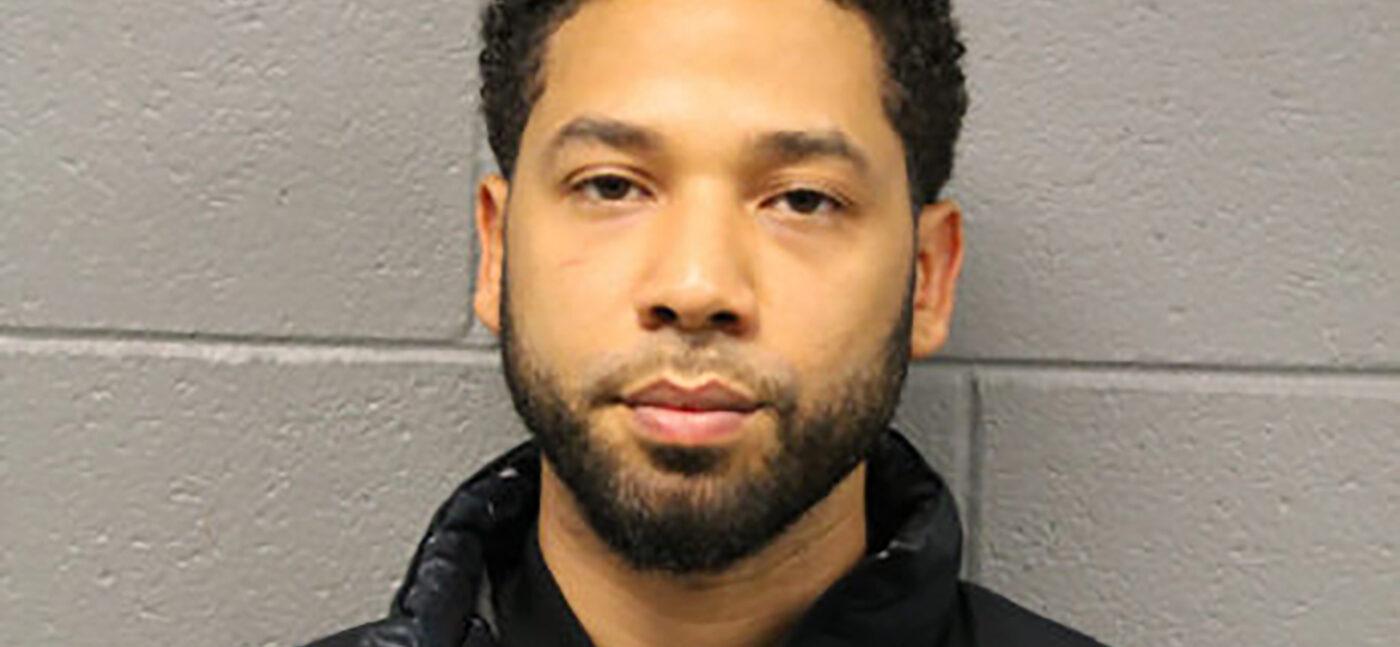Jussie Smollett Only Drank Ice Water, Refused Food, Throughout 6-Day Jail Stay
By Kristin Myers on March 17, 2022 at 8:30 AM EDT

Last week, actor Jussie Smollett was sentenced for staging a 2019 hate crime. In December 2021, a jury found the former “Empire” actor guilty of five out of six accounts of disorderly conduct for filing false police reports. In January 2019, Smollett had claimed to be the victim of a racist and homophobic attack; however, the case took a bizarre turn when two brothers stepped forward to claim that Smollett had actually paid them to stage the hoax in the hopes that it would boost his acting career.
On March 10, the actor was sentenced to pay a $25,000 fine and $120,106 dollars of restitution to the City of Chicago. In addition to 30 months of probation, Smollett was also ordered to spend 150 days in the Cook County Jail. At the sentencing, Smollett immediately became agitated and declared “I am not suicidal” while proclaiming his innocence.
On March 16, after serving only six days of his sentence, Smollett was released from jail after putting up a $150,000 personal recognizance bond. His appeal is still pending.
Jussie Smollett’s Attorney Nenye Uche Says The Actor Survived On ‘Ice Water’

After he was released from prison, Smollett’s defense attorney, Nenye Uche, expressed that Smollett’s family was “very very happy with today’s developments.” However, he told Metro that Smollett had refused food while in prison and only survived on ice water.
“Ice water, that’s been his food and liquid,” Uche said. “I can only imagine if I was in jail for something I didn’t do, I wouldn’t be eating.”
A separate reporter for Newsweek said that Uche saw Smollett getting teary-eyed when he found out that he was about to be released from jail. “He pushed his hands on the glass, and his eyes got teary,” Uche recalled. “I’ve never seen that because he’s been very strong in there. And he said, ‘I nearly lost hope in our constitutional system.’ He did say that.”
Uche himself has been vocal about the judge’s “unprofessional” sentencing. “The judge spent a great deal of time chastising, berating my client. I've never seen that and thought it was unprofessional,” he said. “That's my personal opinion. Not happy with that.”
Judge James Linn Criticized Jussie Smollett Prior To Sentencing
The judge condemned Smollett for about forty minutes before finally rendering his verdict.
“You turned your life upside down by your misconduct and shenanigans,” the judge stated. “There's nothing that any sentencing judge can do to you that would compare to the damage you've already caused yourself.”
“You knew this was a country that was slowing trying to heal past injustices and current injustices and trying to make a better future for each other,” he went on. “...And it was a hard road...You took some scabs off some healing wounds, and you ripped them apart for one reason - you wanted to make yourself more famous, and for a while it worked.”
The judge added that Smollett’s “extreme meditation in this case” was an “aggravating factor” and berated him for his “hours and hours” of perjury. “You got on the witness stand. You didn’t have to. You did. You certainly had a right to. But you committed hour upon hour upon hour of pure perjury,” Linn prior to the sentencing.
Nenye Uche Argues That Jussie Smollett Was Charged For The Same Crime Twice

After he was released, Jussie Smollett’s defense attorney, Nenye Uche, issued a statement on behalf of Smollett. Uche will argue during Smollett’s appeal case that Smollett was had already reached an agreement to pay a fine and perform community service for the hate crime. Therefore, Uche is arguing that this headline-making trial doesn’t count because it charges Smollett for the same crime twice.
“We are very happy with the ruling made by the Illinois District Appellate Court,” he began. “We are pleased that sensationalism and politics will be put aside and we can finally have an intellectual discussion about our laws with our esteemed appellate court.”
“Three years ago, Jussie and the State of Illinois reached a deferred prosecution agreement in which he paid a ten thousand dollar fine and performed community service. As a result, the case was dismissed,” he continued. “To be recharged and prosecuted for the exact same thing, a second time, is not just morally wrong, but certainly double jeopardy and thus unconstitutional. Especially as it concerns an innocent man.”